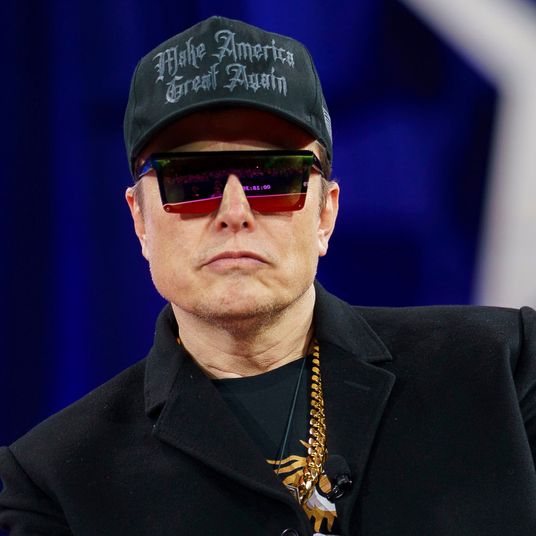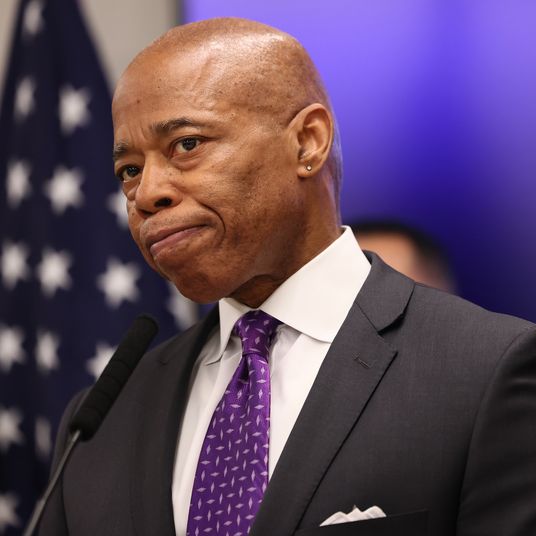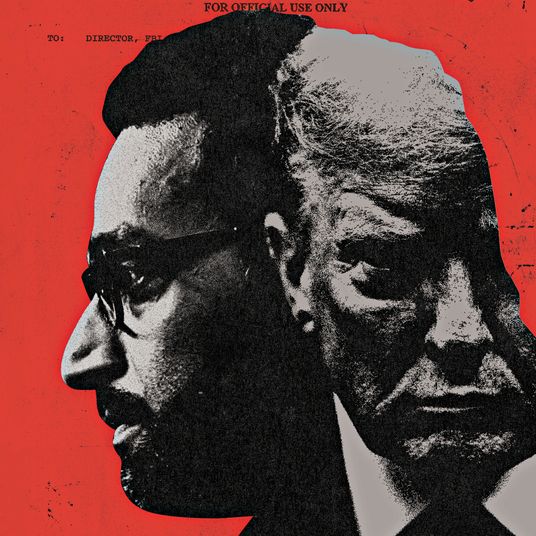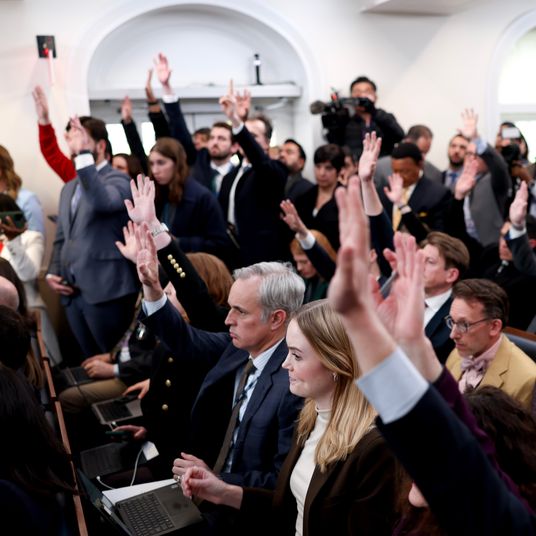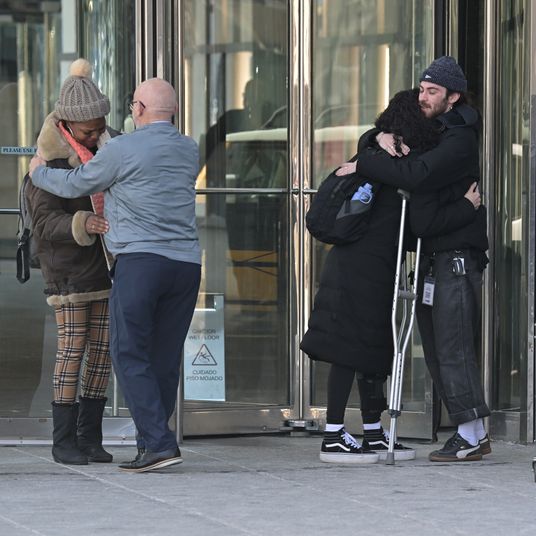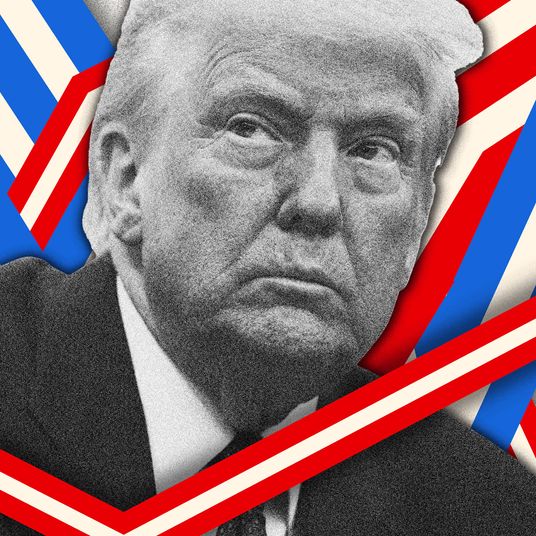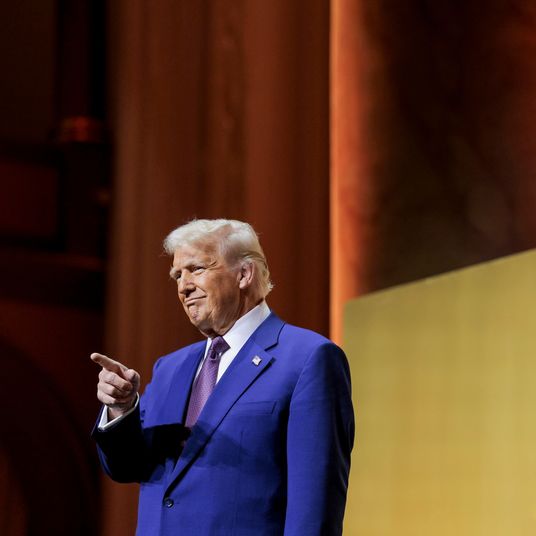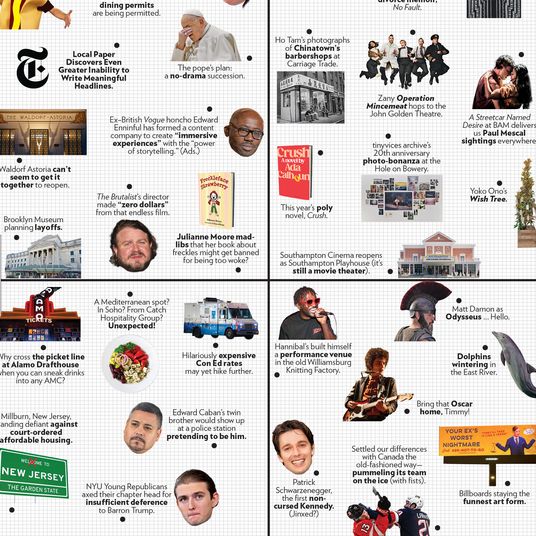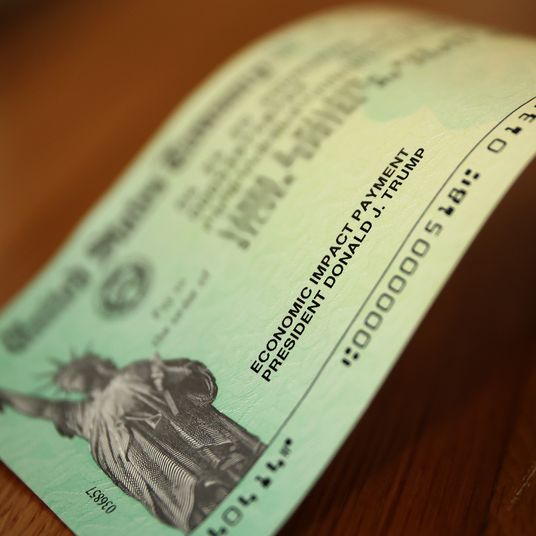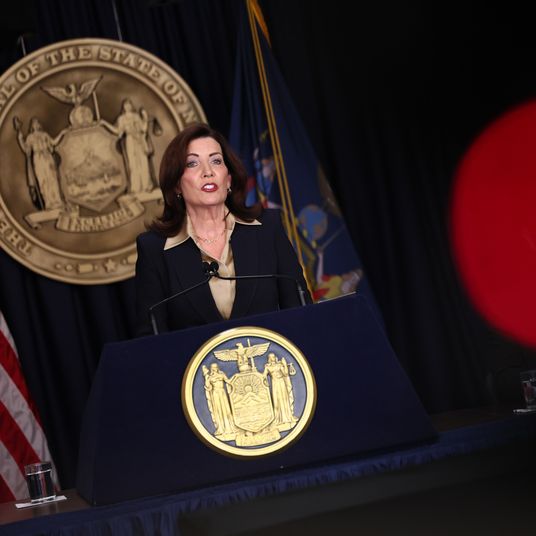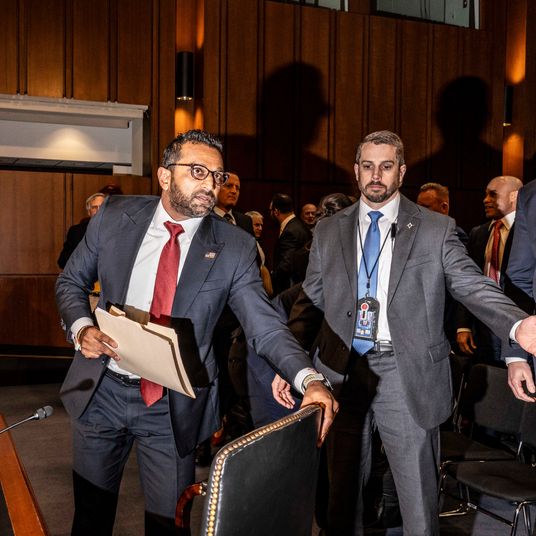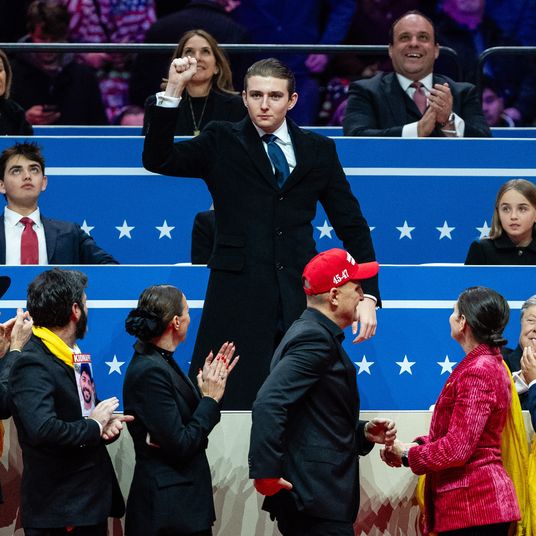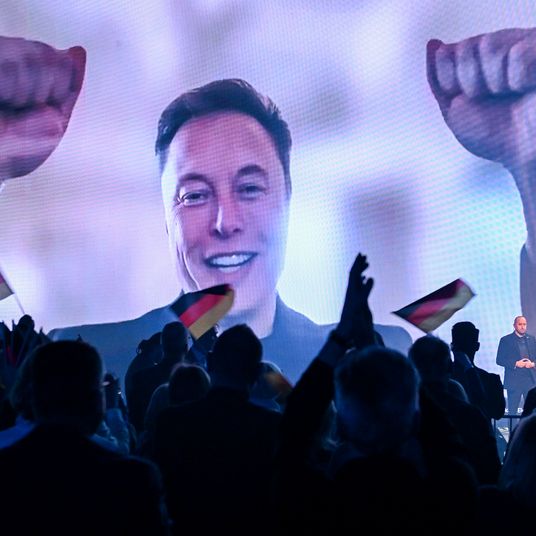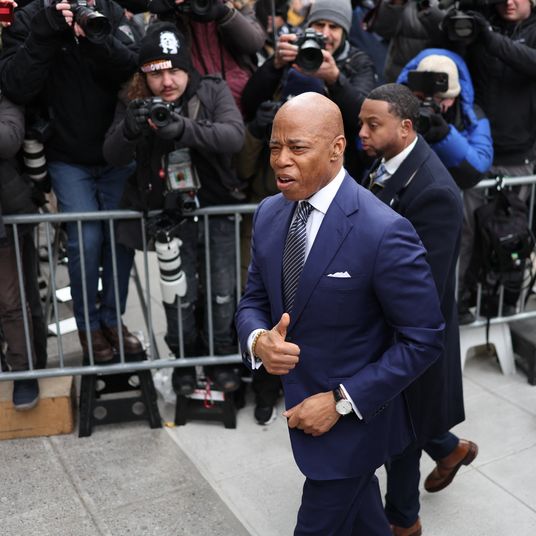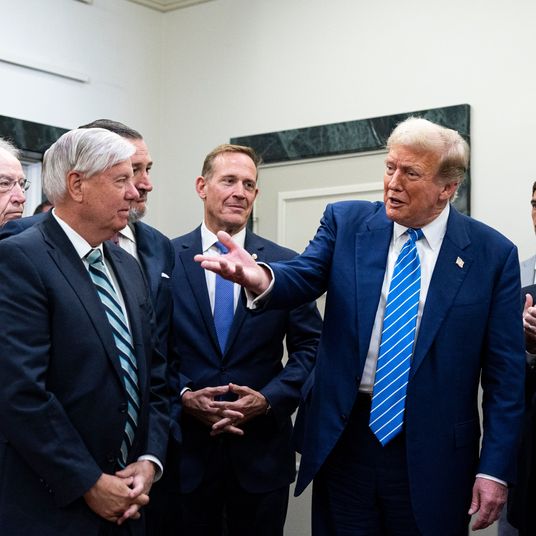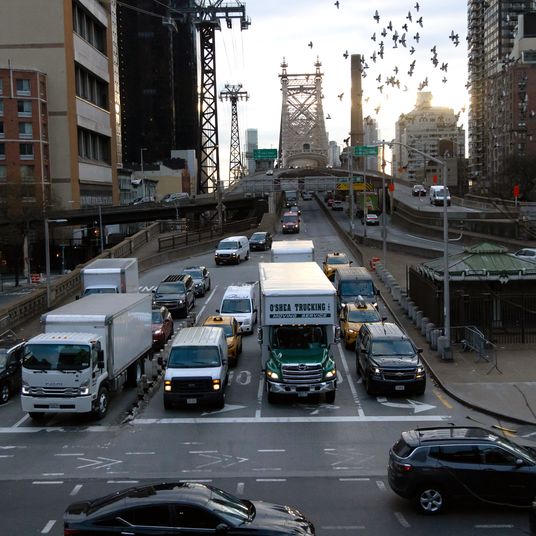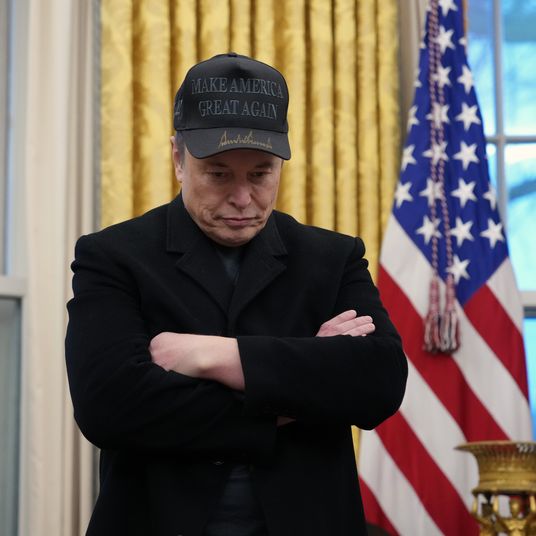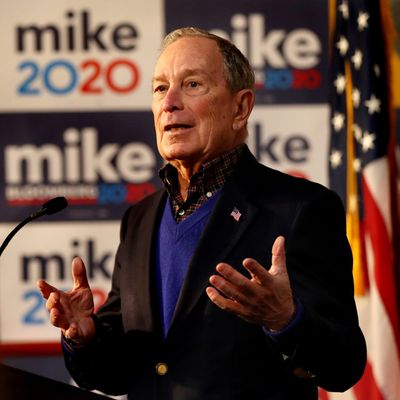
Some observers roll their eyes when the very subject of a “brokered” (or more precisely, “contested”) presidential nominating convention comes up. After all, there hasn’t been a convention where the outcome was in serious doubt when the opening gavel was struck since 1976, and the last multi-ballot convention was in 1952. The emergence of the modern primary-based nominating process with no bosses controlling blocs of delegates and no favorite sons for them to vote for until the deal goes down has made all that a nostalgic fantasy.
But as I and others have noted, the combination of an unusually large presidential field, a fairly compressed primary schedule, and the Democratic Party’s strictly proportional delegate award rules makes it possible, if not likely, that Democrats could arrive in Milwaukee in July without a candidate having already nailed down a firm majority of delegates.
Having already set up a model for predicting primary results and delegate awards, FiveThirtyEight’s Nate Silver runs a bunch of simulations and develops some projections on the likelihood of a “contested convention:”
According to the FiveThirtyEight primary model, there’s a 15 percent chance that no Democrat wins a majority of pledged delegates….
[T]he key thing to remember here is that the model’s no-pledged-delegate-majority scenario does not necessarily imply a contested or brokered convention. It’s probably fairly close to an upper bound on the likelihood of a contested convention, but a 15 percent chance of no majority of pledged delegates on June 6 might imply, I don’t know, only a 10 or 12 percent chance of an actual contested convention, as I’d define it.
As Nate points out, during the period between the final primaries on June 6 and the opening of the convention on July 13, there’s a chance some maneuvering or changes of allegiance by pledged but not legally bound delegates could produce a stable majority for someone, avoiding the chaos of a contested convention.
Nate quite logically suggests that the odds of even coming close to a contested convention depend heavily on how many candidates survive the early states and begin dividing up the huge haul of delegates at stake on and immediately after Super Tuesday (the one day on which one-third of total delegates will be won). FiveThirtyEight estimates that the odds no majority will be won before the end of the primaries go up from six percent in a scenario when just two candidates steam into Super Tuesday (a 51 percent probability), to 24 percent in three-candidate scenarios (a 41 percent probability), and on up to 52 percent in a very unlikely four-candidate scenario.
It’s notable that FiveThirtyEight puts extremely little stock in the possibility that one of these surviving candidates will be named Michael Bloomberg. That’s questionable, since the man is currently spending unprecedented amounts of money in the Super Tuesday states where he hopes to ambush cash-strapped survivors of the early states (which he is ignoring). He’s still in single digits in national polls, but is rising. Here’s what Nate says about how the former New York mayor might upset his projections:
Bloomberg[’s] … strategy is hard to figure out, but which mostly seems to hinge on accumulating a sizeable number of delegates on Super Tuesday and beyond. So far, he remains some ways away from the 15 percent he’d need in national polls and in Super Tuesday states. But at the rate he’s spending, it isn’t that crazy to imagine him continuing to grow in the polls and accumulating delegates in some states, even if he’s little threat to actually win the nomination. This sort of delegate accumulation or spoiler strategy doesn’t have a ton of recent precedent and isn’t necessarily something the model is equipped to handle terribly well. But in any event where Bloomberg increases in strength, a contested convention would be that much more likely.
I’d say Bloomberg’s entry into the race and the insane amounts of money he’s willing to spend on a later-state strategy is a real problem for the conventional campaigns that view the Super Tuesday primaries as the place they begin to mop up and clinch things. And if there are already multiple candidates still in the race, Bloomberg and his wallet could make things weird going into the late going.
Now in an earlier piece I’ve argued that a contested convention, if it happens, is very unlikely to turn to Bloomberg; he’s not “unity candidate” material. Perhaps that reality would keep him from doing anything to make that sort of event a reality. But you have to recognize that his money and his strategy, alongside the unusually strong group of four or five candidates slogging through Iowa, make a contested convention – even if it’s a complete accident and something no one wants – significantly more likely. Voters who want to avoid that better start consolidating around a strong alternative.







